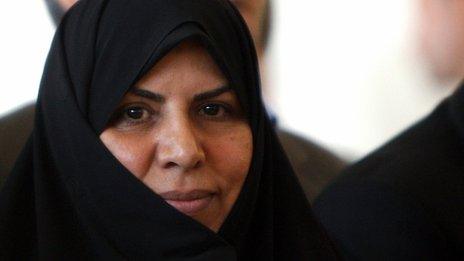Iran cabinet: President Rouhani criticised over all-male line-up
- Published
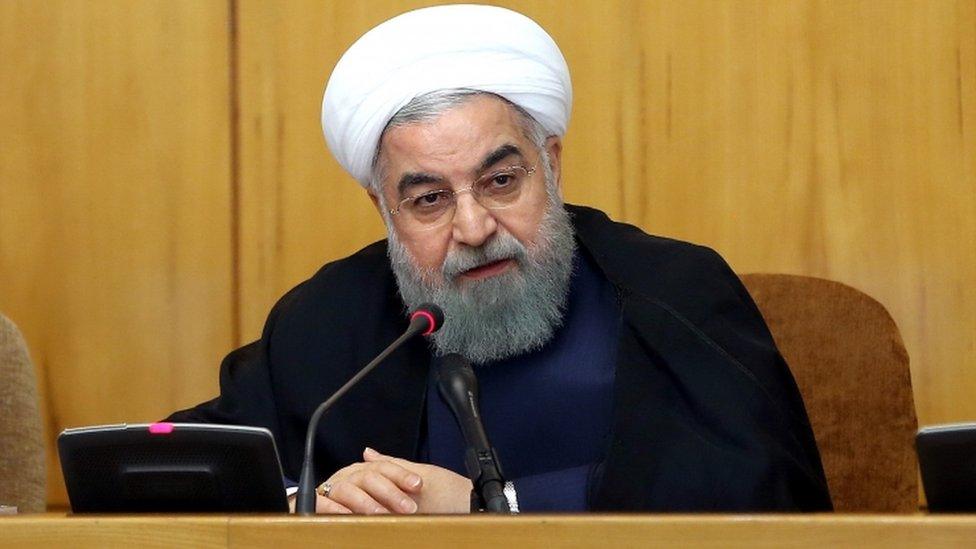
President Hassan Rouhani has chosen a cabinet with no women or Sunni members
A new Iranian cabinet unveiled by President Hassan Rouhani has prompted criticism of the all-male line-up.
Mr Rouhani is regarded as a relatively moderate figure, and supporters had hoped he would pick some women.
There has been only one female cabinet member since Iran's Islamic Revolution in 1979.
The cabinet, which must be approved by parliament, also lacks Sunni members. The group makes up around 10% of Shia-majority Iran.
Mr Rouhani beat hardliner Ebrahim Raisi to the presidency in May after vowing to improve Iran's civil liberties and rebuild ties with the West.
At a conference in February titled "Women, Moderation and Development," he had called for a greater female presence, external in politics and culture.
He focused on women's rights and promised equal employment opportunities and access to services if he was re-elected. Critics now accuse the 68-year-old cleric of breaking his pledges.
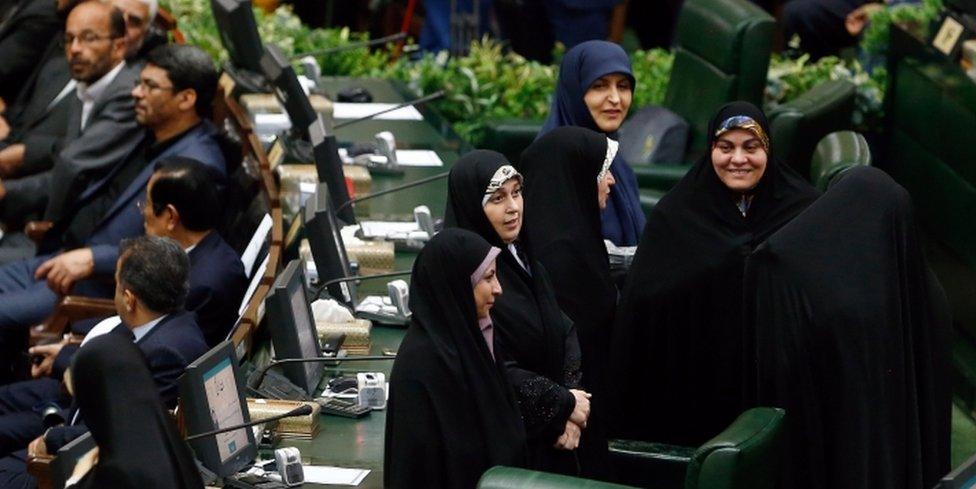
Iran does have female lawmakers, but only one has ever been appointed to a cabinet post
Mohammad Karroubi, the son of jailed opposition leader Mehdi Karroubi, tweeted: "The people's message in the last two elections has had little reflection in the proposed cabinet.
"How can you speak of equality of the entire nation and ignore women and religious minorities?"
"The lack of women ministers shows we are treading water," Shahindokht Mowlaverdi, the outgoing vice-president for women's affairs, told the Etamad daily.
The new cabinet features little change at the top.
Foreign Minister Mohammad Javad Zarif, who was the lead negotiator when Iran in 2015 agreed to curb its nuclear programme in exchange for an end to sanctions, will keep his job.
Likewise Oil Minister Bijan Namdar Zanganeh, who is credited with increasing oil production since the sanctions ended.
Gen Amir Hatami has been named as the new minister of defence, after serving as deputy. The average age of a cabinet minister now stands at 58.
By far the youngest appointee is Mohammad Javad Azari Jahromi, a 35-year-old engineer set to take over as telecoms minister.

A let-down for supporters
By Siavash Ardalan, BBC Persian
President Rouhani's proposed cabinet is a huge disappointment to his supporters, many of whom feel betrayed that the names submitted to Iran's parliament do not reflect his mandate to press on further with a moderate and reformist agenda.
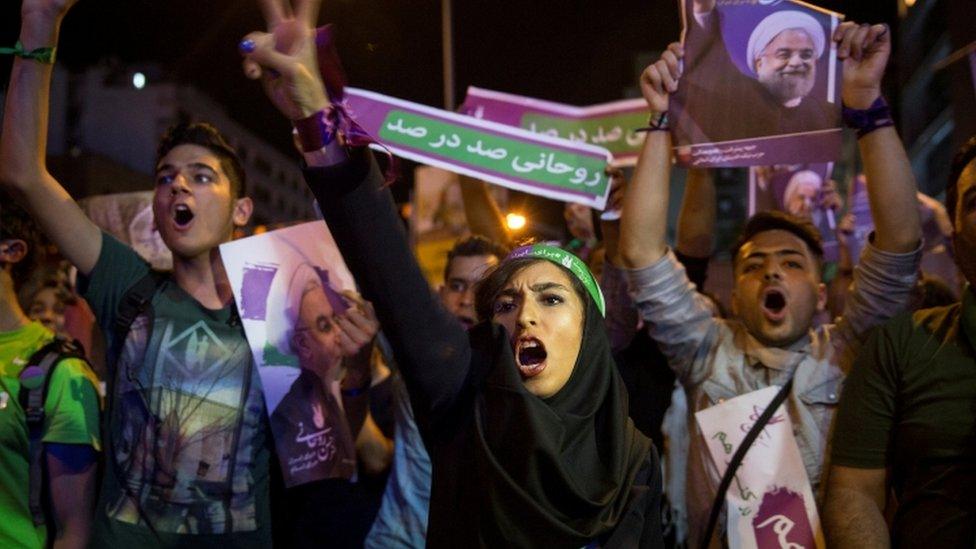
Some of the president's supporters now feel he went back on his promises (Pictured: a campaign rally in May)
The most prominent criticism has been the absence of women in the proposed cabinet. There were none in Mr Rouhani's first-term cabinet either, and even two current female vice-presidents themselves have very few female deputies.
Expectations have grown significantly over the past four years, during which President Rouhani did not shy away from confronting his hard-line opponents. But now his own supporters are accusing him of caving in.

Reformists believe the lack of diversity in the new cabinet is a sign that Mr Rouhani is bowing to pressure from Iran's religious establishment.
As things stand, former health minister Marzieh Dastjerdi, external will remain the only woman to have held a cabinet post in Iran since 1979.
She served from 2009-13 under Mahmoud Ahmadinejad - Mr Roujhani's hardline predecessor.
Lawmakers are not expected to challenge the chosen cabinet, as key roles are filled with the approval of the Supreme Leader Ayatollah Ali Khamenei.
The Supreme Leader is the commander-in-chief of Iran's armed forces, and also dictates major policies in the Islamic Republic.
- Published6 August 2017
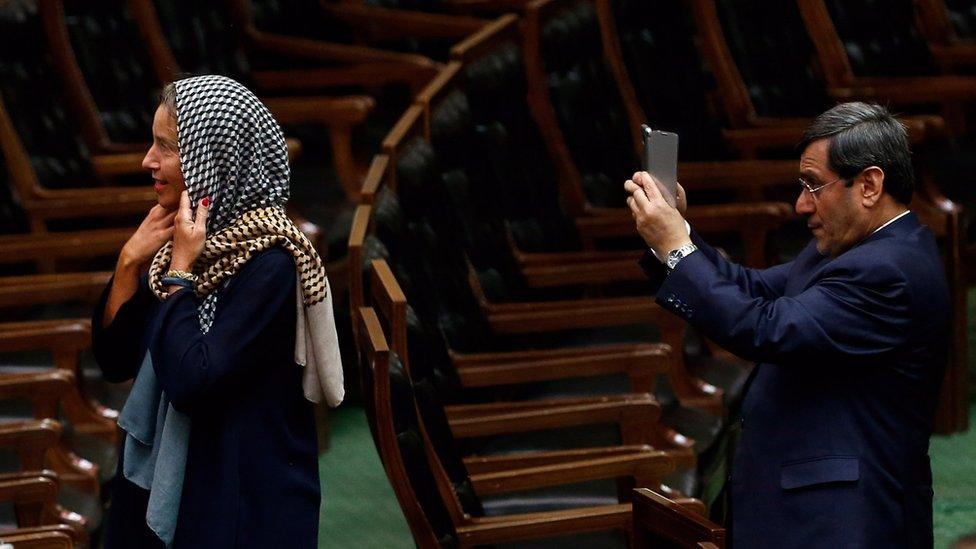
- Published14 June 2017
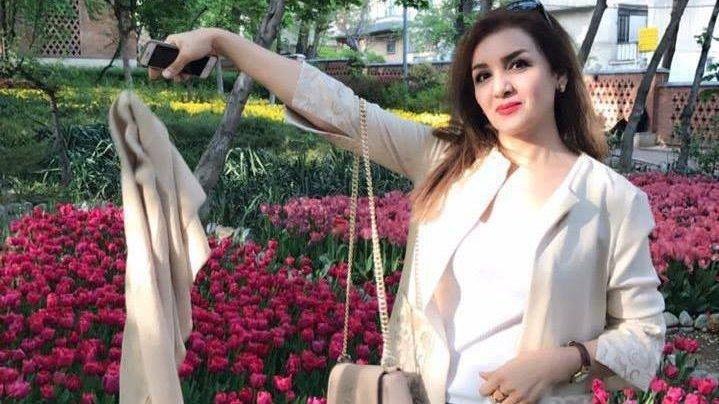
- Published20 May 2017
- Published20 May 2017
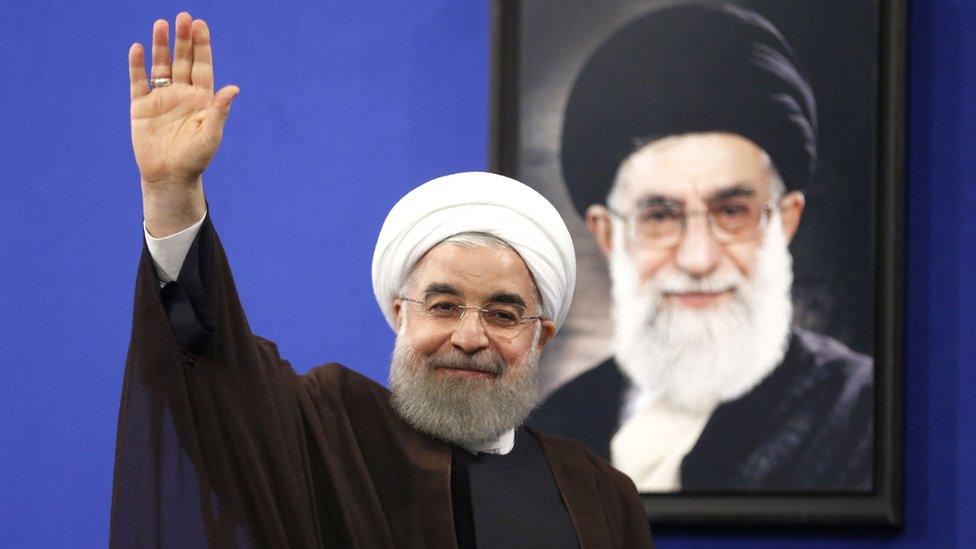
- Published20 May 2017
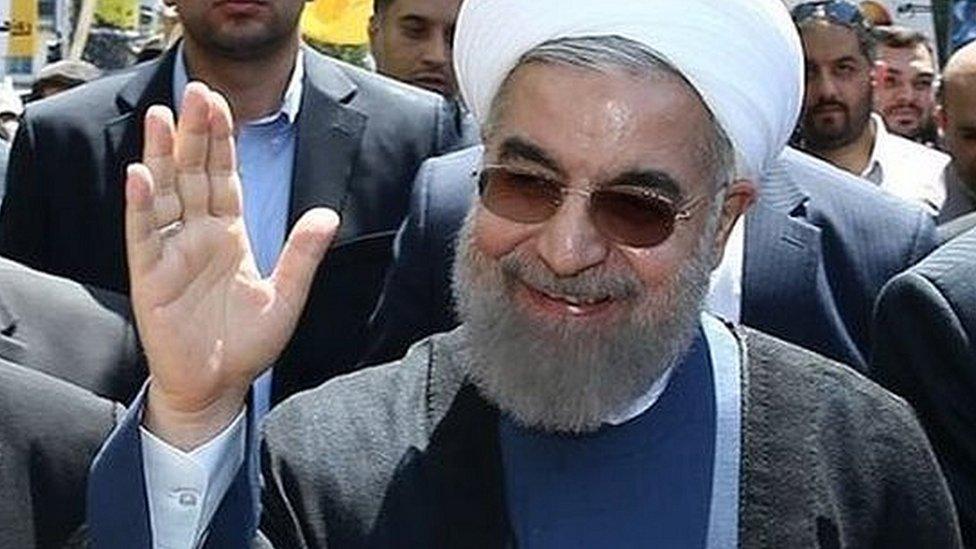
- Published27 December 2012
